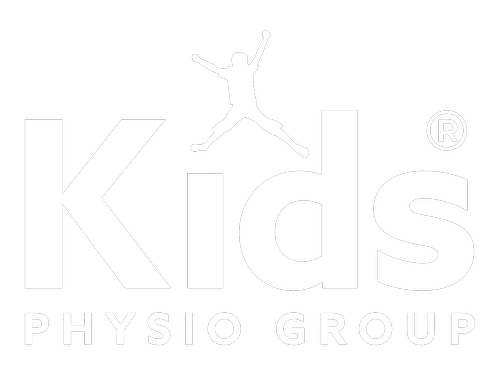Juvenile Idiopathic Arthritis

Juvenile Idiopathic Arthritis (JIA) is the most common form of rheumatological condition in children. The presentation of JIA varies between children as this diagnosis encompasses all forms of arthritis present in children before the age of 16. The exact cause of JIA is unknown, however, it is thought to be a combination of genetic and environmental factors. JIA can present differently between individuals due to the multifactorial cause of the condition.
Signs and Symptoms
JIA can present differently between individuals since all forms of arthritis before the age of 16 fall under the same umbrella. Some of the common types of JIA include systemic arthritis, oligoarthritis, rheumatoid-factor-positive polyarthritis, enthesitis-related arthritis, and psoriatic arthritis.
General symptoms of arthritis include:
- Joint swelling
- Joint stiffness
- Pain
- Difficulty with movements or activity
- Warmth and redness at a joint
Presentation can vary greatly depending on the exact type of arthritis present in the individual.

How Physiotherapy Can Help
Physiotherapy can help manage JIA by providing safe exercises for the child to complete. Exercise is important for children with JIA as it helps prevent joint deformities, can help manage pain and disease activity, encourages activity, and overall helps improve a child’s quality of life.
Physiotherapy for children with JIA may include balance, coordination, and proprioceptive and aerobic exercises. All of these are safe and reduce the number of swollen joints while improving general functioning and quality of life in individuals with JIA.
BOOK YOUR INITIAL ASSESSEMENT TODAY
Take the next step and make your child’s health a priority!
